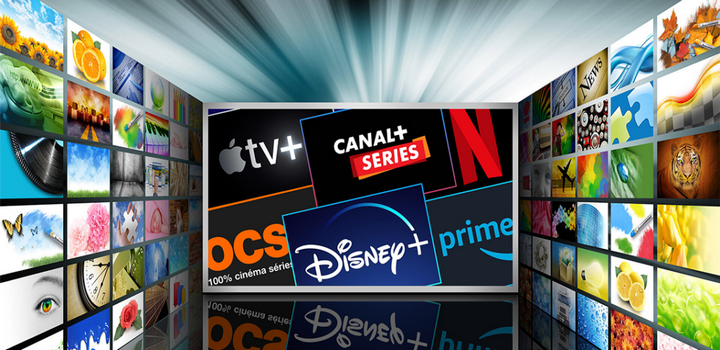In the ever-evolving landscape of media consumption, Internet Protocol Television (IPTV) has emerged as a significant player, transforming how viewers access and enjoy television content. By delivering programming through the internet rather than traditional satellite or cable methods, abonnement iptv offers a range of features and benefits that are changing the way we think about television.
Understanding IPTV
At its core, IPTV refers to the technology that delivers television programming through the internet using the Internet Protocol. Unlike traditional broadcasting methods, IPTV streams content directly to users’ devices, enabling them to watch live TV shows, movies, and on-demand content over broadband connections. This technology leverages existing internet infrastructure, making it accessible to a wide audience.
IPTV can be categorized into three main types:
- Live Television: Streaming live broadcasts of television channels.
- Video on Demand (VOD): Offering a library of content that users can access at their convenience.
- Time-Shifted TV: Allowing viewers to watch previously aired programs at their convenience.
Key Features of IPTV
- Customization and Flexibility: One of the standout features of IPTV is the ability to customize the viewing experience. Users can select from a variety of packages, tailoring their subscriptions to include channels and content that interest them most.
- Multiscreen Viewing: IPTV services are compatible with various devices, including smart TVs, smartphones, tablets, and computers. This flexibility allows viewers to watch their favorite shows anytime and anywhere, provided they have an internet connection.
- Interactive Features: Many IPTV platforms offer interactive features such as video-on-demand, pause and rewind capabilities, and even social media integration, enhancing user engagement.
- High-Quality Streaming: With advancements in internet speeds and video compression technologies, IPTV can deliver high-definition content that rivals traditional cable and satellite broadcasts.
Advantages of IPTV
- Cost-Effective Solutions: IPTV services often come at a lower price point compared to traditional cable and satellite subscriptions, making them an attractive option for budget-conscious consumers.
- Diverse Content Offerings: IPTV platforms typically offer a wide range of channels and content, from local broadcasts to international programming, catering to diverse viewing preferences.
- No Contractual Obligations: Many IPTV providers offer flexible subscription plans with no long-term contracts, allowing users to cancel or switch services without penalty.
Challenges Facing IPTV
Despite its advantages, IPTV is not without challenges. Issues such as buffering, internet speed requirements, and potential legal concerns regarding content licensing can affect user experience. Additionally, the competitive landscape is constantly evolving, with traditional broadcasters and streaming giants entering the IPTV space, making it imperative for providers to innovate continually.
The Future of IPTV
The future of IPTV looks promising, with advancements in technology, including 5G networks and enhanced streaming capabilities, set to improve the quality and accessibility of content. As more consumers move away from traditional cable subscriptions in favor of on-demand services, IPTV is poised to become a dominant force in the entertainment industry.
Moreover, with the rise of smart home technologies and interconnected devices, IPTV may integrate seamlessly into users’ daily lives, offering personalized recommendations and content tailored to individual preferences.
Conclusion
IPTV represents a significant shift in how we consume television. With its flexibility, customization, and cost-effectiveness, it appeals to a wide range of viewers, from cord-cutters to tech-savvy consumers seeking innovative ways to enjoy their favorite shows and movies. As the industry continues to evolve, IPTV is set to play a crucial role in shaping the future of entertainment, ensuring that viewers have access to the content they love, whenever and wherever they want it.

